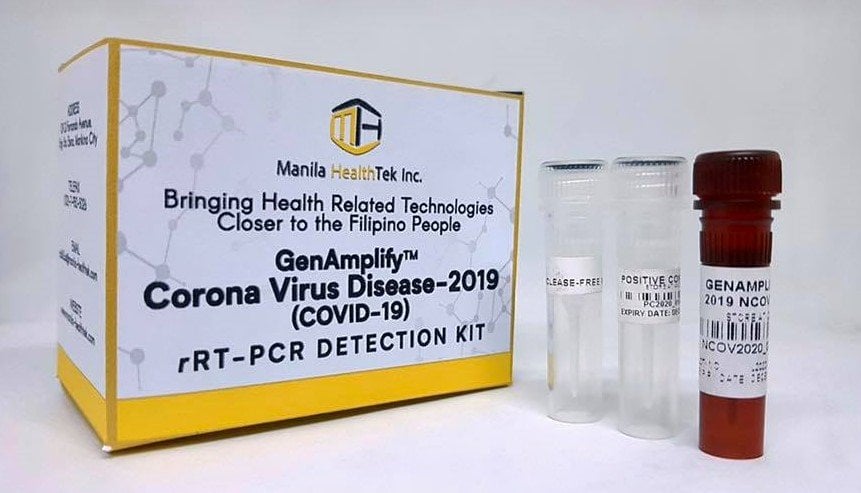According to PGC Executive Director Cynthia Palmes-Saloma, the kit was made possible after genetic experts from others countries used Next Generation DNA Sequencing in trying to understand the nature of the COVID-19 virus. Among the facilities of the center is its DNA Sequencing Laboratory which was established in 2013.
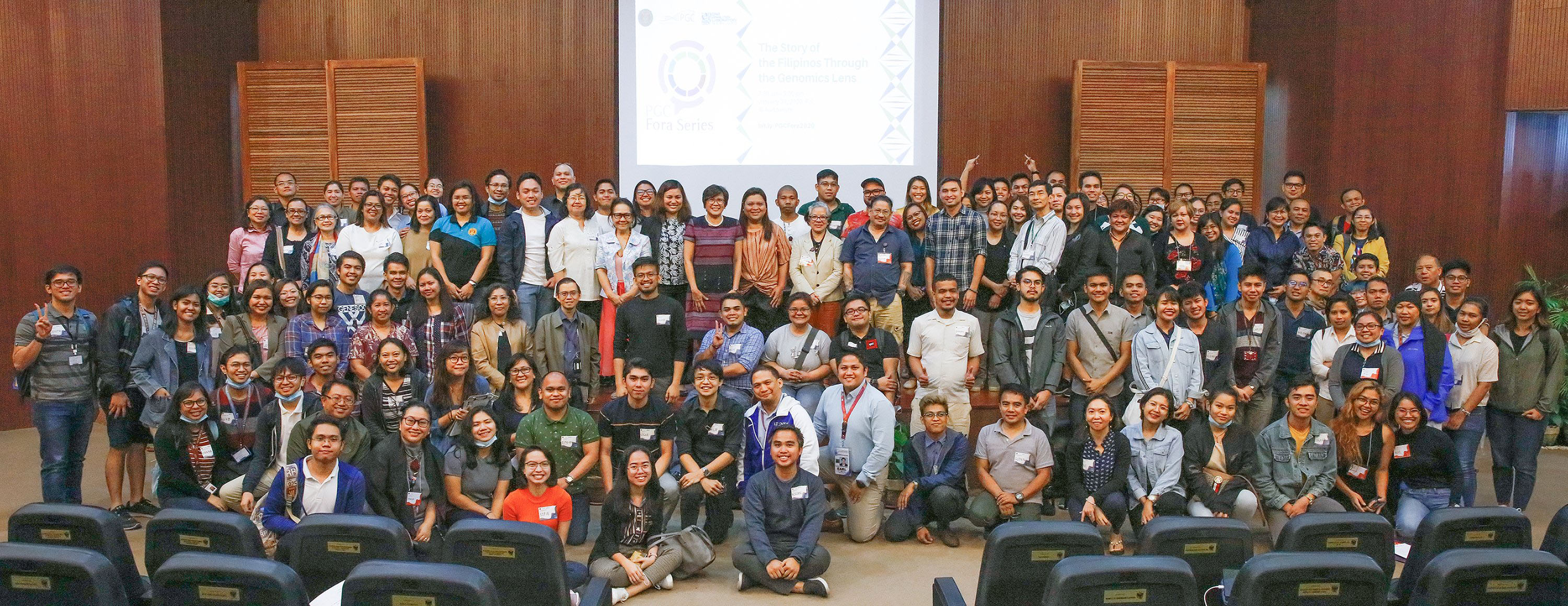
Who is the Filipino, genomically speaking?
On human genetics, Dr. Maria Corazon De Ungria and Jazelyn Salvador briefly described their research on the genetics of Mangyans in Mindoro and of Philippine Negritos, respectively. They are both from the DNA Analysis Laboratory (DAL), Natural Sciences Research Institute, College of Science, UPD. Meanwhile, Prof. Jae Joseph Russell Rodriguez of the Institute of Biological Sciences, College of Arts and Sciences, UP Los Baños, also in collaboration with DAL, discussed his investigation into the human genetic history of the Sulu Archipelago.
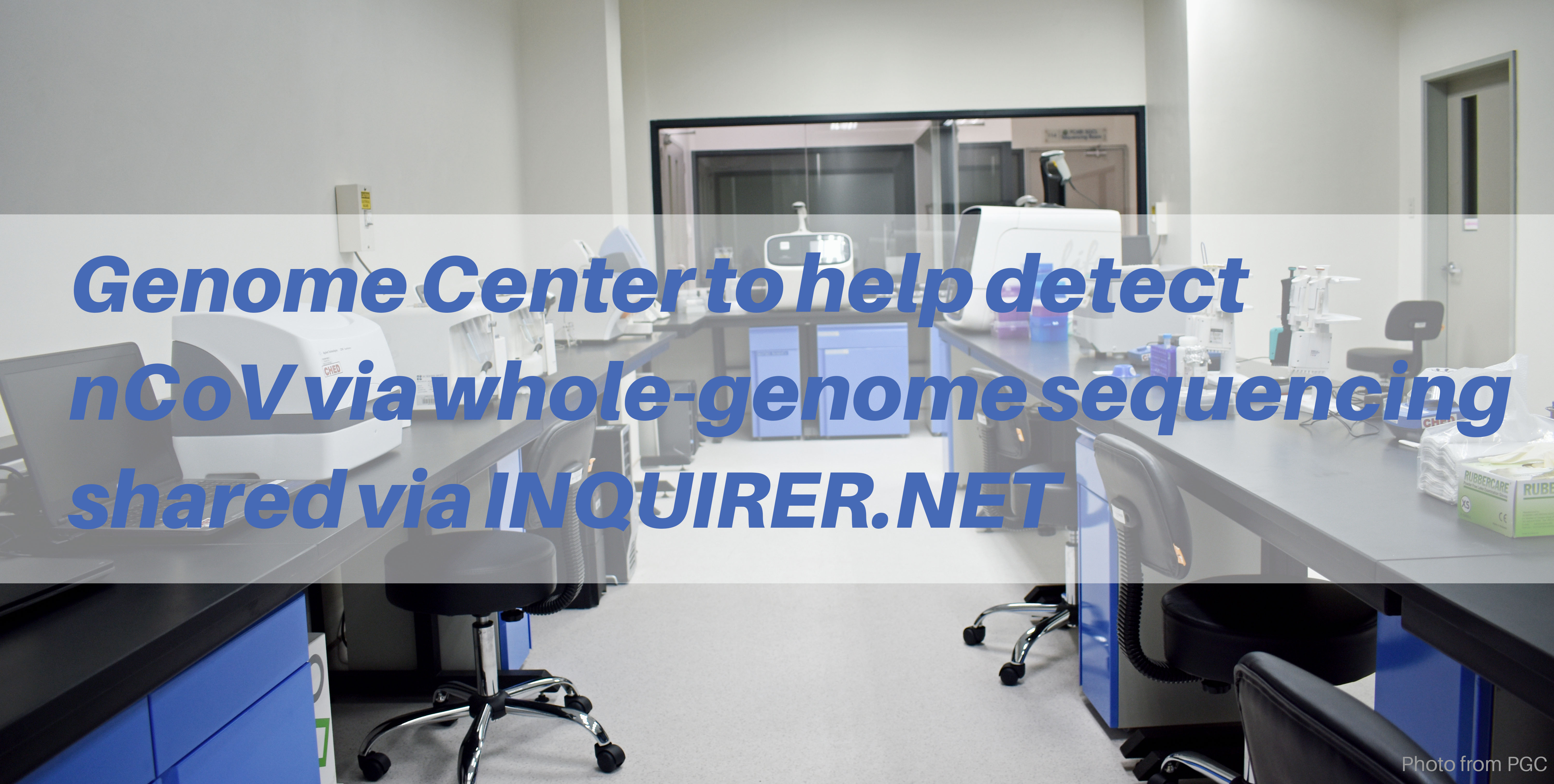
Genome Center to help detect nCoV via whole-genome sequencing
The Centers for Disease Control and Prevention (CDC) describes whole-genome sequencing as a “laboratory procedure that determines the order of bases in the genome of an organism in one process.”
According to CDC, scientists conduct data analysis, which is the fourth step of whole-genome sequencing, to compare “bacterial sequences and identify differences.”
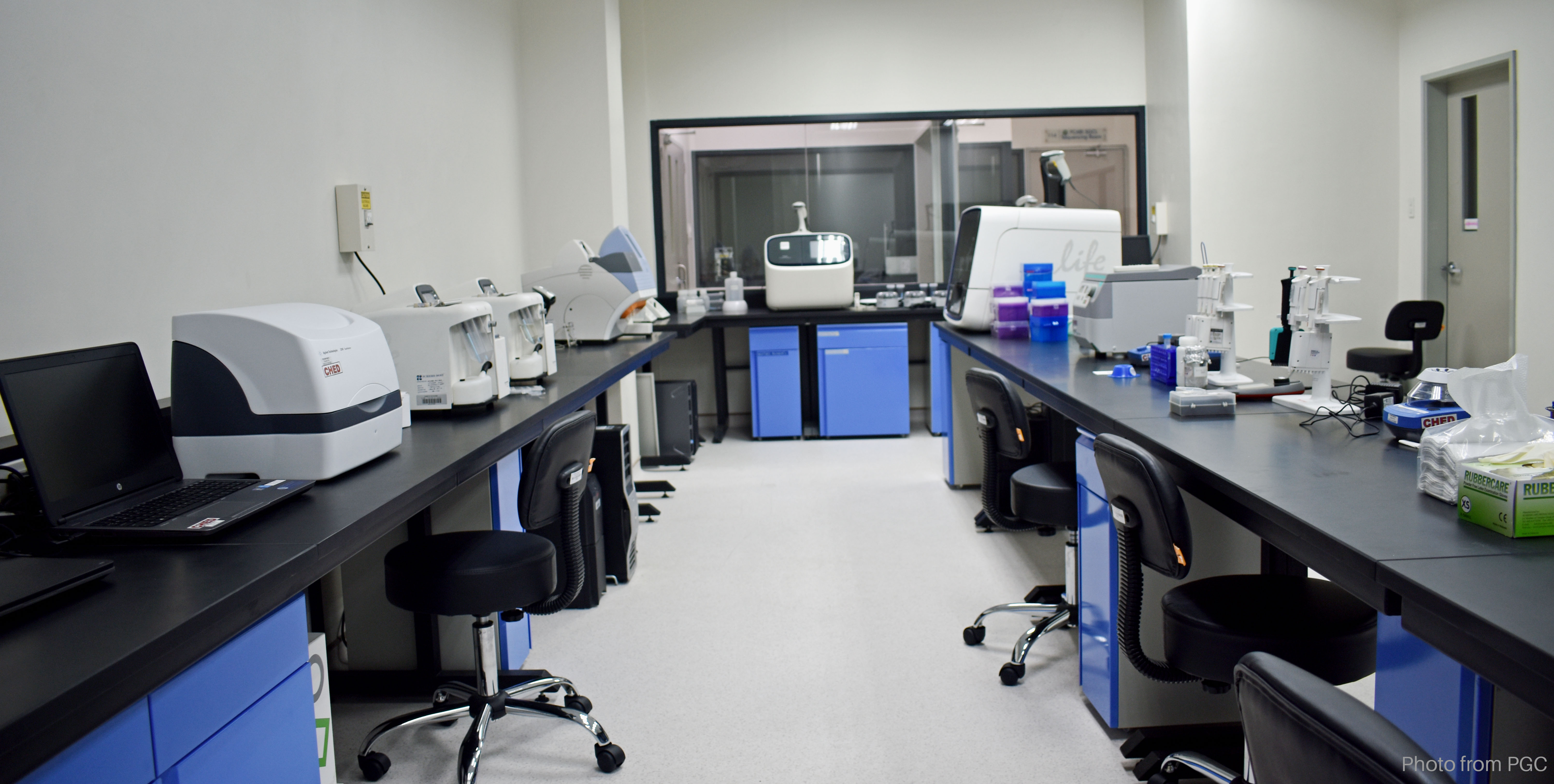
Philippine Genome Center gears up to verify presence of 2019-nCoV through whole genome sequencing
With the use of Next Generation DNA/RNA Sequencing equipment (NGS) available at the Philippine Genome Center (PGC) in the University of the Philippines Diliman Campus, the team of the DNA Sequencing Core Facility (DSCF) is ready and willing to assist RITM and the DOH in confirming suspected cases of 2019-Novel Coronavirus (2019-nCoV) in the country.
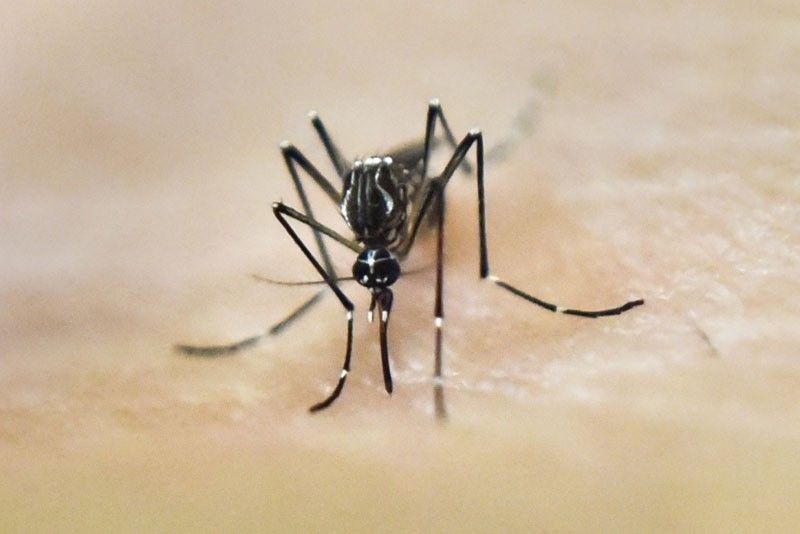
Local dengue test kit to be marketed internationally
Manila HealthTek is a spinoff company formed to pursue the commercialization of the dengue diagnostic technology developed by a team of UP Manila National Institutes of Health medical researchers led by Dr. Raul Destura.
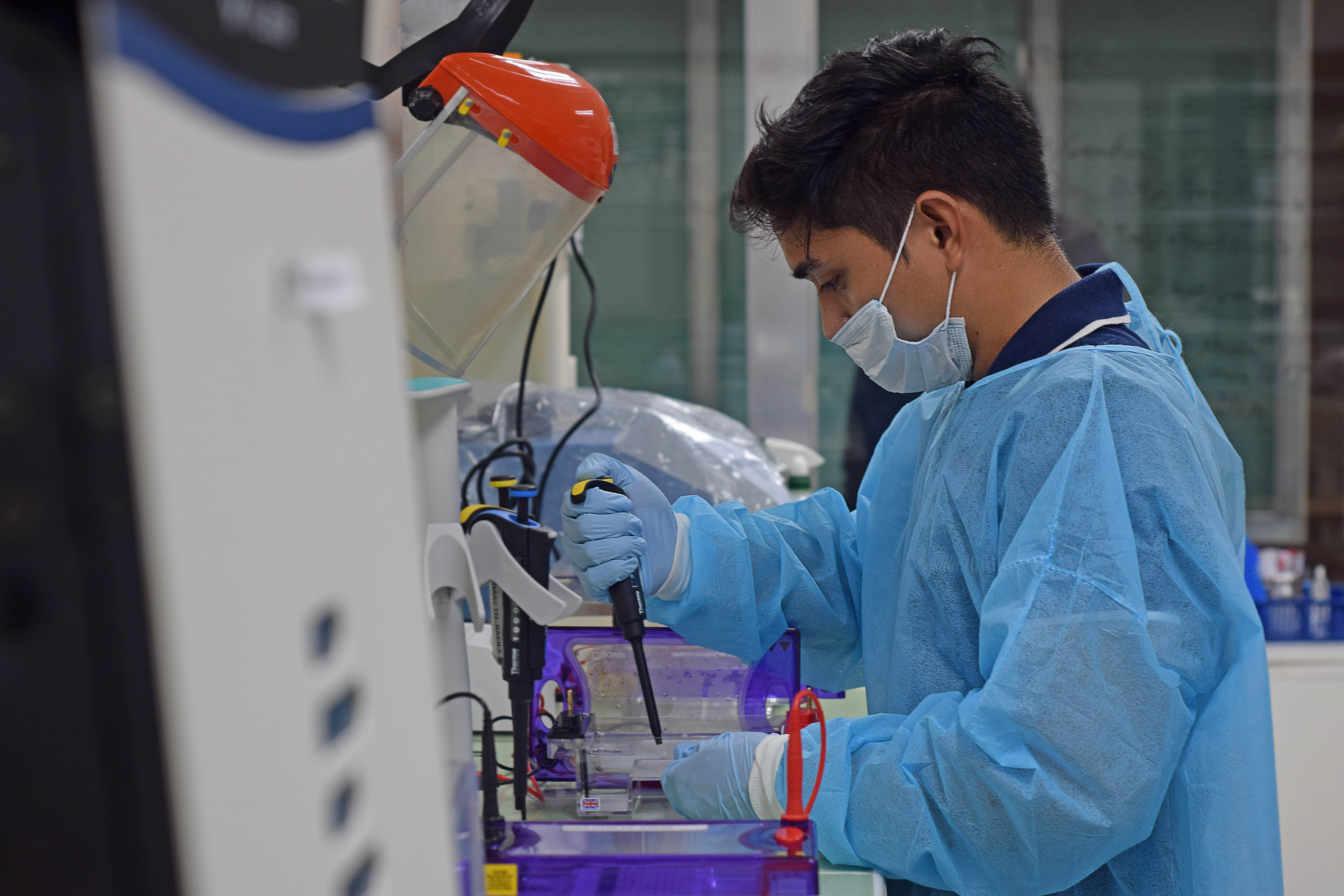
Omics: Unraveling Mindanao’s DNA
Scientific research in Mindanao took a big leap last February as the Philippine Genome Center (PGC), a research center of the University of the Philippines (UP) System based in Diliman, Quezon City, established its first satellite facility in the island region.
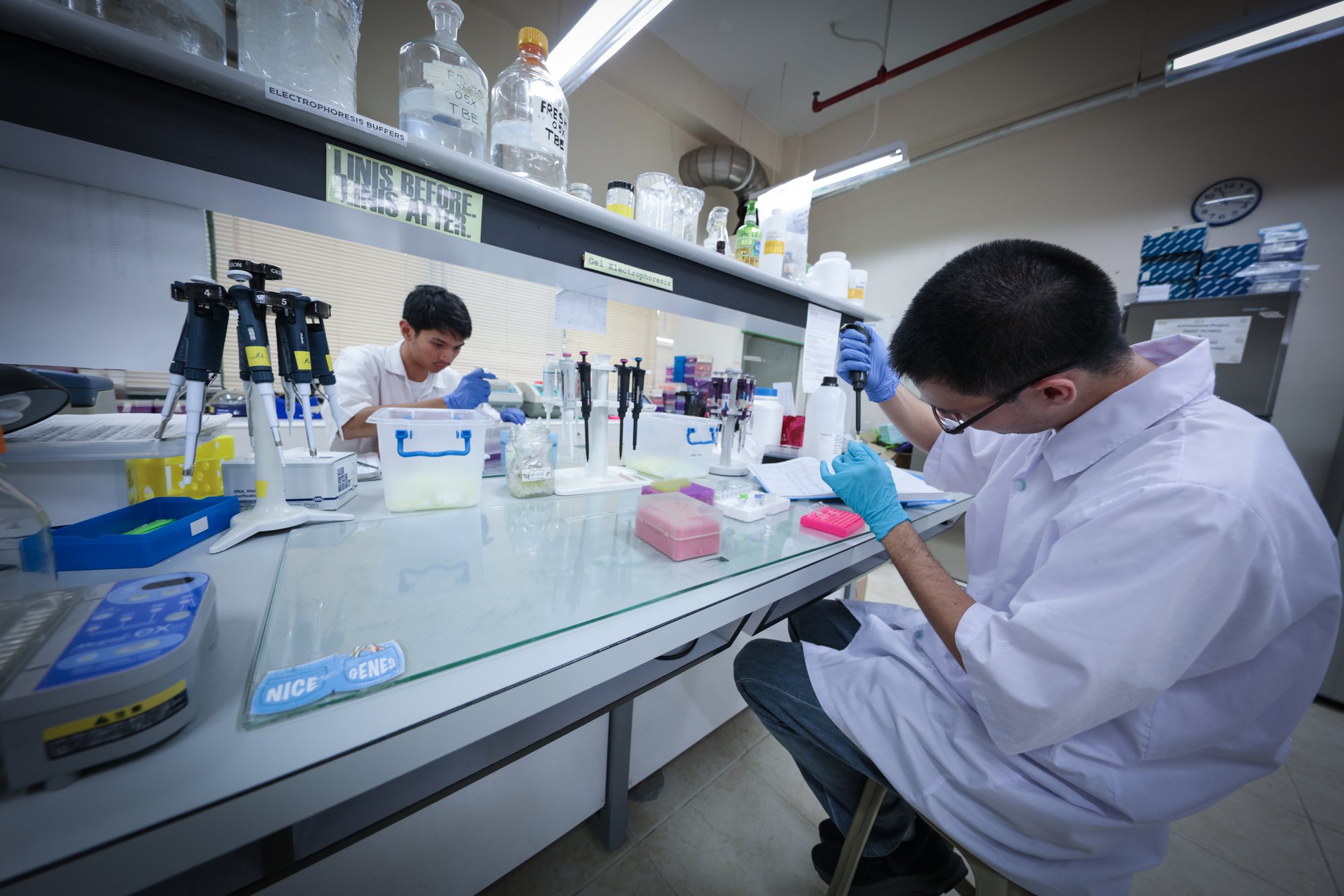
Using DNA barcodes against the wildlife black market
While recent news of giant clams (Tridacna gigas) being harvested in the disputed Scarborough Shoal drew massive outrage online, it was only the latest low point in the dark history of wildlife exploitation in the region. A poignant series of cases also happened here in 2013 and 2014, this time involving pangolins or “scaly anteaters,” which have been described as the most trafficked animals in the world.
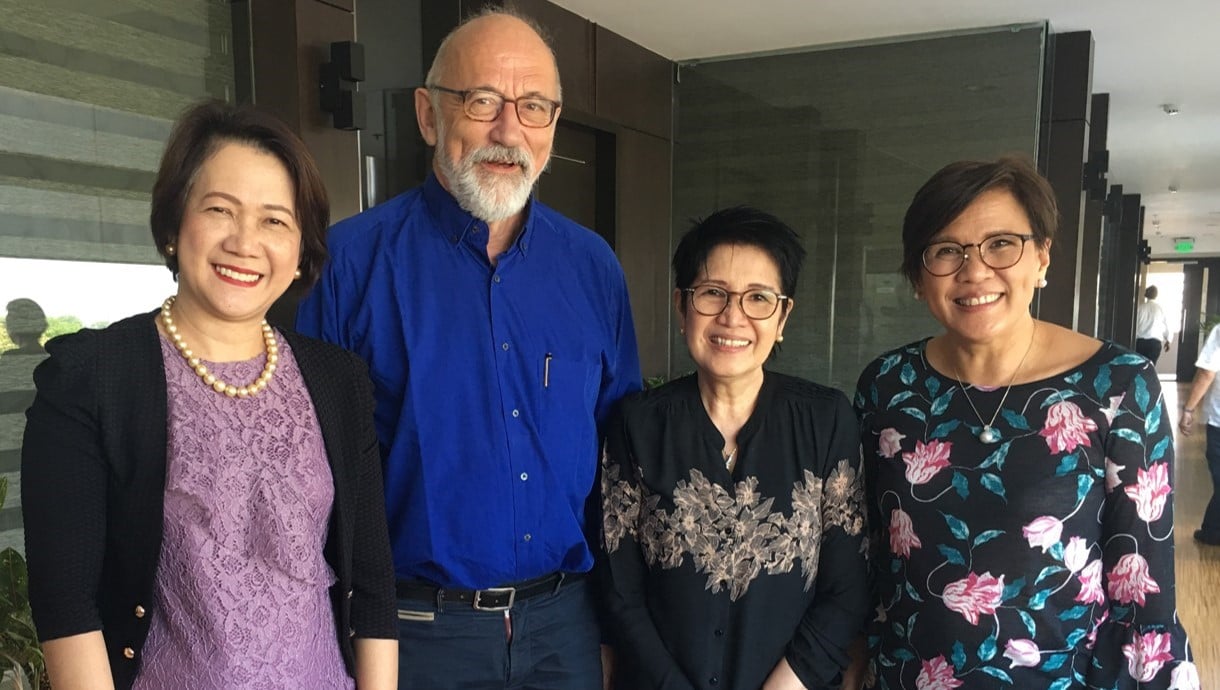
PGC explores more linkage opportunities with foreign experts
Pals visited the PGC yesterday, March 28th, to see its core facilities and to talk about setting up assays for clinical testing, interpreting genetic testing services, and variant interpretations. He also met with Dr. Cynthia Saloma, PGC executive director; Dr. Raul Destura, PGC health program director; and Dr. Alexander Young, PGC research professor, to discuss the center’s readiness for genetic testing services.
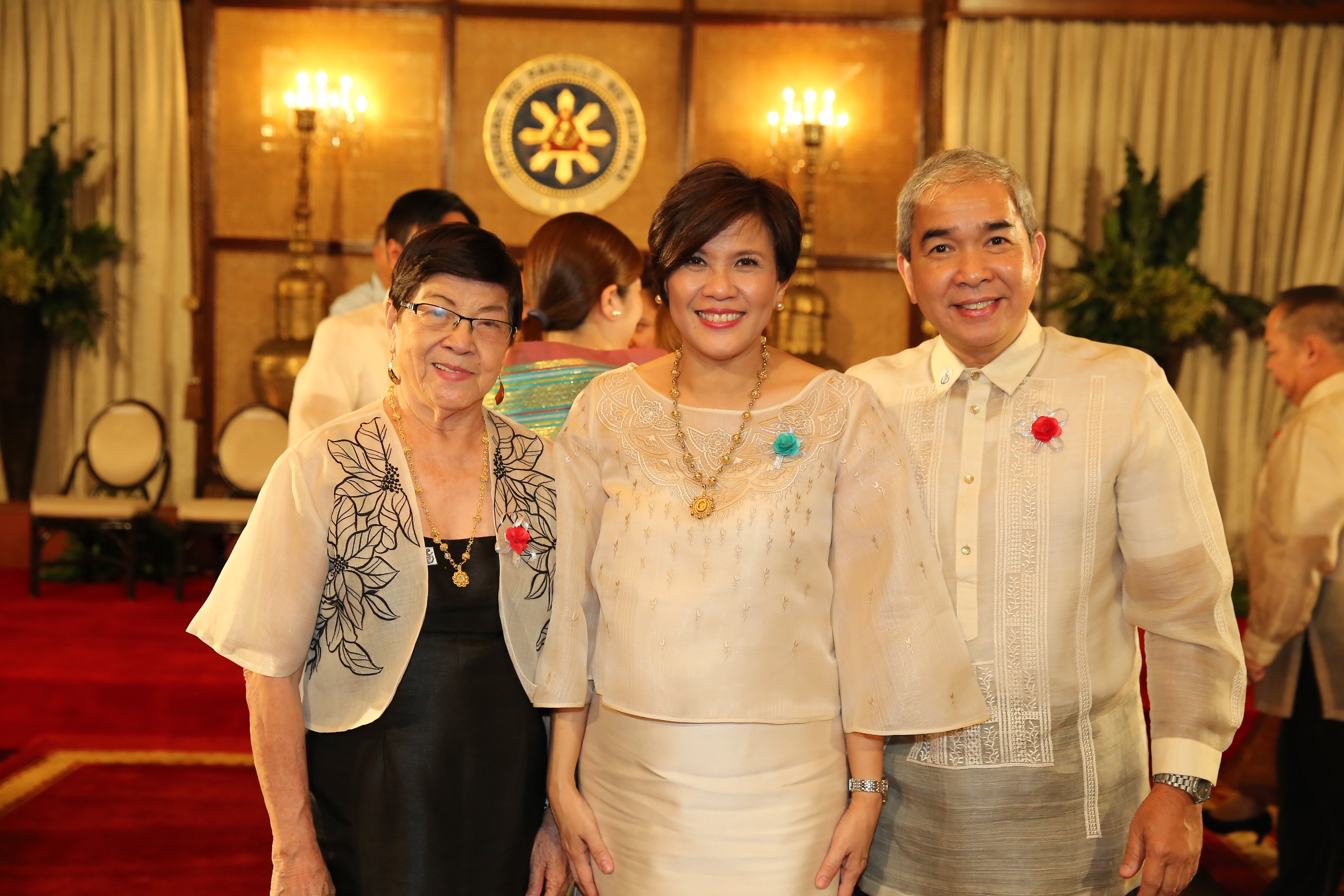
The gene doctor will see you now
If there is anything that Dr. Eva Cutiongco-de la Paz seems not to enjoy, it’s getting undue credit. The winner of the 2018 Dangal ng Bayan Award was admittedly nervous when her mother, a former faculty member at the UP College of Education, suggested having their photo taken with the tarpaulin celebrating her feat.

DOST tapping genomics to develop precision medicine
The Department of Science and Technology (DOST) is tapping cutting edge genomics technology to develop precision medicine in the country and allow government health authorities to identify usually expensive, foreign developed medicines that are not really effective in controlling or curing Filipino diseases.

